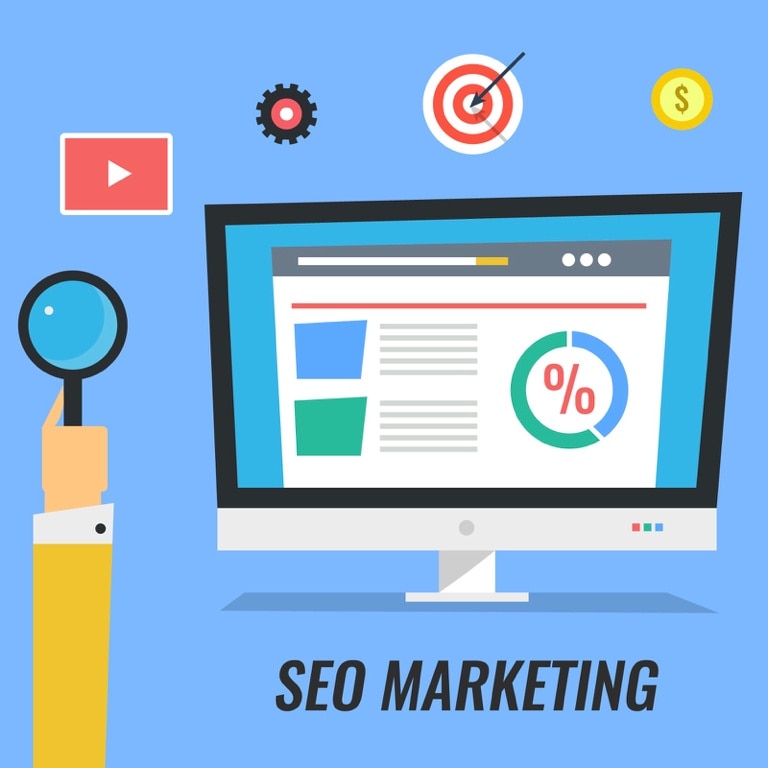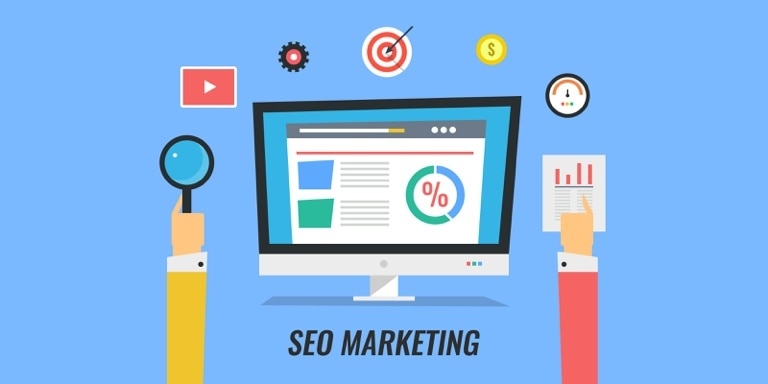SEO is the practice of optimizing your website’s content and structure to improve your ranking in Google, and ultimately, drive more organic (non-paid) traffic to your website. When implemented correctly, search engine optimization can have a significant impact on the number of potential customers visiting your website, leading to higher conversion rates and even taking business away from your competitors by your business ranking higher in search engine results pages (SERPs).

The dos and don’ts of SEO and digital marketing
As TradeGecko's Head of Search Marketing, Alberto Rodriquez, puts it:
However, there are certain approaches to SEO that, while still widely used, will actually be penalized by Google and other search engines – pushing you further down in search results. Here’s a guide to what you should be considering when optimizing your website, and what to avoid.
SEO Do's
Write well-researched, relevant, and engaging content
It’s no secret that high-quality content is pivotal to ranking highly in search engine results pages (SERPs). Fresh, compelling content that provides value to your audience (such as articles that solve a problem or answer a question) can mean the difference between an average website and one that consistently shows up at the top of search results. Tools like Answerthepublic.com can help give you insights into the types of information people want to know about your products or services, and inform your content topics.
Use keywords wisely
Tools such as SEMRush are useful for finding out which keywords relating to your business have the highest search volume (i.e. the highest number of searches by users). Once you know your focus keywords for a page, be sure to use them only where they fit naturally within headings and the body copy. Above all, your keywords should relate to what you’re writing about, and your content should read well.
Use internal linking
Always consider complementary pages or pieces of existing content on your website that you can link from in any new content you create. You can also go back to older pieces of content and update them with links to new articles you’ve created. This has SEO benefits and it encourages users to stay on your site longer and look at several pages on your site, improving your average time on site and bounce rate.
Optimize metadata
Every page on your website should have a keyword-rich page title (55 characters or less including spaces), meta description (155 characters or less including spaces), and H1 heading. This will not only benefit your search engine ranking but also make it easier for users to understand what information your page contains when your site pops up in search results.
Similarly, Google and other search engines can’t “read” images unless you give them some context with descriptive alt text and title text. Be sure to describe the image and its relevance to the content when inputting image metadata.
Make your website user- and mobile-friendly
Factors like slow site speed and poor mobile usability can seriously hinder your search engine rankings. You can use Google’s free website tester to see how your site is performing – and remember, it’s worth the investment in updating your site if you want to see long-term results.

SEO don'ts
Stuff keywords into your content or website
Gone are the days when a website footer with 100 keyword-rich links were the ticket to SEO success. These days, those kinds of tactics are frowned upon by search engines, so be sure to use keywords appropriately and in the right places.
Copy content
As search engine algorithms become more sophisticated, they are tending towards original content more and more – and conversely, they will penalize websites for content duplicated from other sites. Make sure your content is unique wherever possible to avoid hurting your rankings.
Buy into link exchanges or schemes
Participating in link networks and buying backlinks are outdated SEO methods that simply don’t work. As is the overarching focus of SEO practice today, quality trumps quantity, so let the link juice flow naturally.
Expect success overnight
Unlike other digital marketing efforts like paid advertising, where you can sometimes see results almost instantaneously, SEO can be a slow burner and take time to yield noticeable results. Your SEO goals should therefore be spread over a longer period – at least a month to measure improvement.
---
See Also:
When viral marketing goes right
A guide to digital marketing channels for eCommerce
Key metrics and KPIs for measuring eCommerce marketing success









